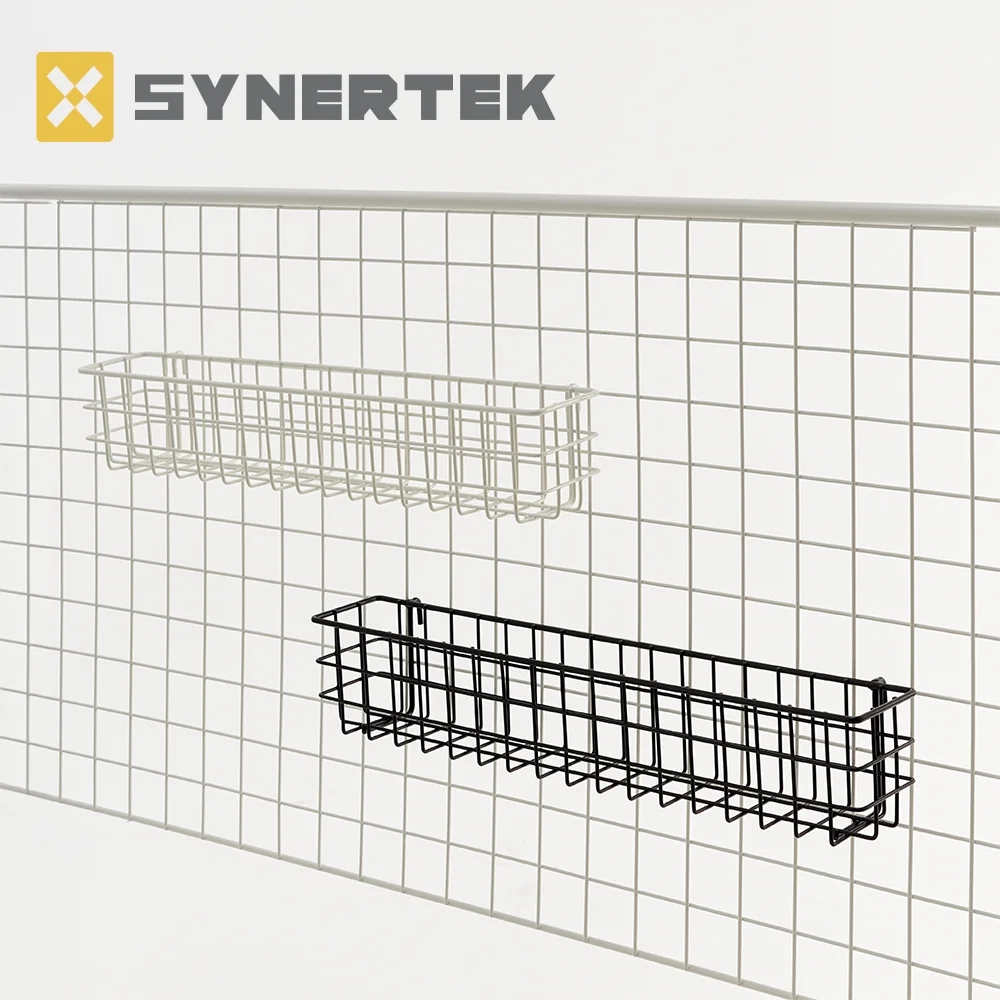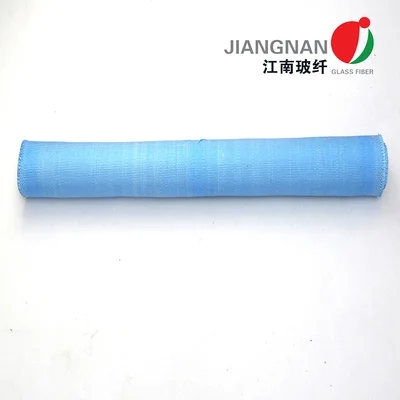Polyvinyl chloride (PVC) is a widely used synthetic plastic polymer known for its versatility and cost-effectiveness. However, there have been debates surrounding the durability of PVC, with some claiming that it is easily breakable. In this article, we will delve into the properties of PVC, its applications across various industries, and provide an in-depth analysis to determine whether PVC is indeed prone to breakage.
- Understanding the Composition of PVC:
PVC is composed of vinyl chloride monomers, which are polymerized to form long chains of polyvinyl chloride. The addition of plasticizers, stabilizers, and other additives enhances its flexibility, strength, and resistance to various environmental factors. - PVC's Applications in Construction:
PVC is extensively used in the construction industry due to its exceptional durability. It is commonly employed in the production of pipes, window frames, flooring, and roofing materials. The inherent strength and impact resistance of PVC make it suitable for withstanding harsh weather conditions and structural stress. - PVC in the Automotive Industry:
The automotive sector relies on PVC for manufacturing various components, including dashboards, door panels, wiring insulation, and seat coverings. PVC's ability to withstand vibrations, temperature fluctuations, and impact ensures the longevity of these parts, contradicting the notion of it being easily breakable. - PVC's Role in Healthcare:
Medical devices and equipment heavily rely on PVC due to its excellent chemical resistance and biocompatibility. Intravenous tubing, catheters, and blood bags are just a few examples of PVC applications in the healthcare industry. The stringent safety regulations governing medical products necessitate the use of a material that is not easily breakable, further debunking the misconception. - PVC's Resilience in Electrical Applications:
Electrical cables and wiring insulation require materials that can withstand high voltages, extreme temperatures, and mechanical stress. PVC's electrical insulation properties, combined with its resistance to breakage, make it a preferred choice in the electrical industry. - Environmental Considerations:
While PVC offers numerous advantages, it is essential to address its environmental impact. The disposal and incineration of PVC can release toxic substances, leading to concerns about its sustainability. However, advancements in recycling technologies and the adoption of eco-friendly alternatives are mitigating these concerns.
Conclusion:
Contrary to popular belief, PVC is not easily breakable. Its widespread use across industries such as construction, automotive, healthcare, and electrical applications attests to its durability and resilience. However, it is crucial to consider the environmental implications associated with PVC and explore sustainable alternatives for a greener future.




+ There are no comments
Add yours